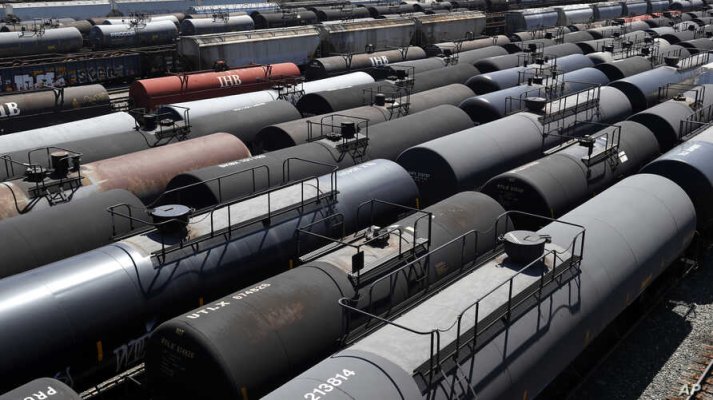Beststash
Full time employment: Posting here.
- Joined
- Nov 8, 2003
- Messages
- 582
I understand your attitude and also bias. I worked in the telecom industry for 35 years and saw thousands of good people and and businesses go away becuase of technological change. However, after 18 years post-retirement I can honestly say that almost everyone affected (many of which I had the unenviable position of laying them off or transferring them in an attempt to adjust the manload in order to survive) are OK and in many cases used their expertise to progress on to other related industries or start a business of their own. Admittedly I am biased also because I got the gold watch and didn't have to experience the transition.I suppose it depends on your thoughts on bailouts in general. Personally, I'm not in favor of bailouts - but I suppose if the airlines get bailed out and the banks and car makers last time, then why not the oil industry? I can see our energy industry being just as valuable as these others. While COVID19 isn't the only reason oil prices tanked, it IS a very big reason demand has cratered.
Full disclosure: I'm biased, as I worked in the industry for 30 years and DW currently does. The only way her small oil company avoids bankruptcy is if there's a bailout.
BUT - it is important to realize that in order to be "energy independent" we have embraced a technology (fracking) that is not sustainable.Why is society using welfare to subsidize the production of fracking that is literally going to destroy the atmosphere, poisons the drinking supply, causes earthquakes, etc. Fracking is the dirtiest, least intelligent industry in the US. And there's a lot of competition for that crown.
Now is the time to move on and accept the inevitable fact that fossil fuels are on their way out as we move to a more sustainable and cleaner way of producing energy. Bailouts are not the answer anymore than they would be for the coal industry.



